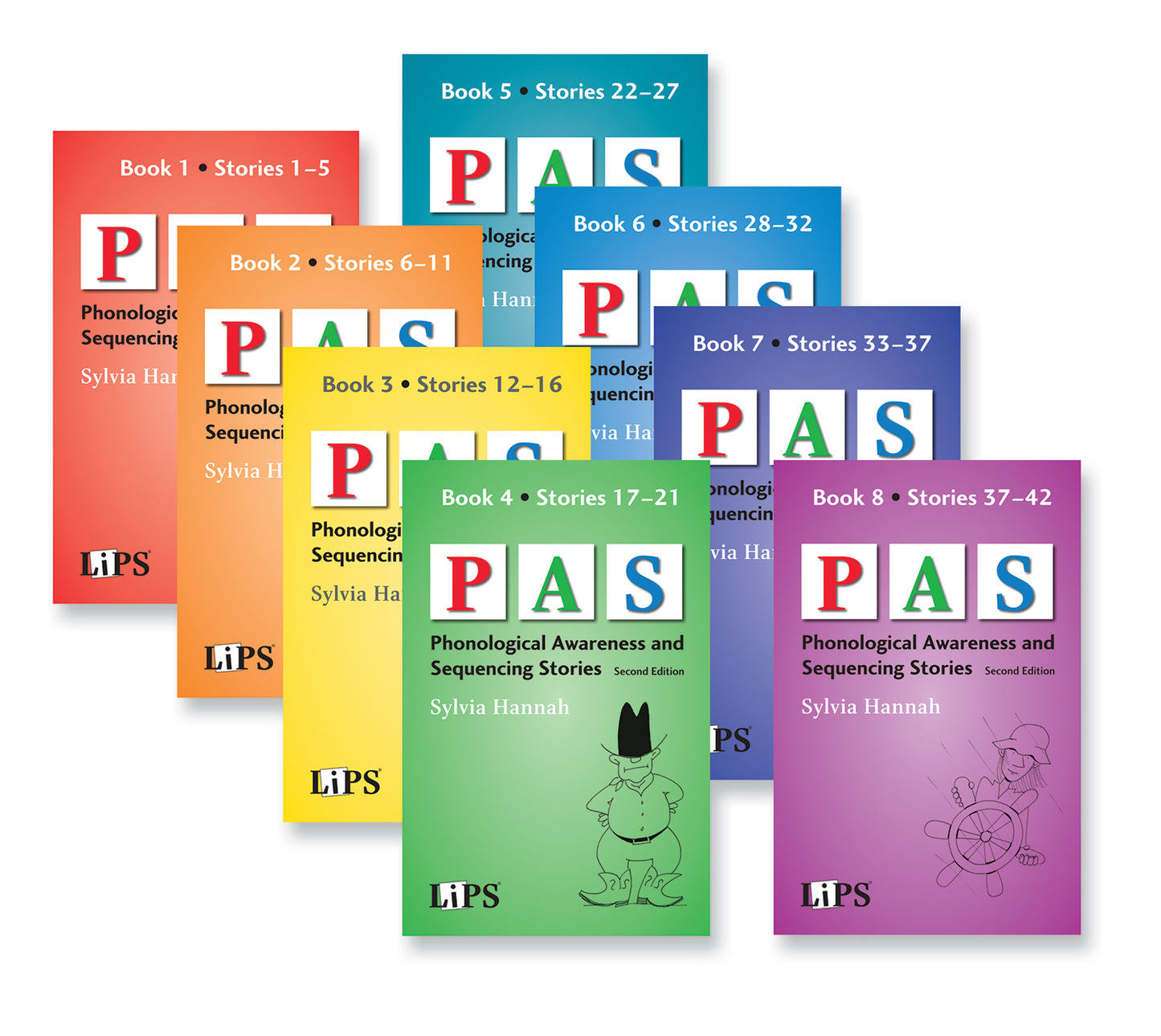
Lindamood Phoneme Sequencing (LiPS) is a multisensory approach for developing phonemic awareness.
"
For students who lack phonemic awareness, phonics information and rules appear to have no logic.
"
~ Pat Lindamood
-
-
Learn more about Lindamood Phoneme Sequencing
Lindamood Phoneme Sequencing
The Lindamood Phoneme Sequencing® (LiPS®) Program develops phonemic awareness, reading, spelling, and speech. Students discover the physical characteristics of each phoneme and use this kinesthetic feedback to verify sounds within words.
-
The Lindamood Phoneme Sequencing program is
"I am able to identify and target individual student weaknesses through comprehensive assessment, and then apply explicit, systematic instruction that works!"
~ Gayle, a speech language pathologist
Gander Publishing
LiPS® Kit
The Lindamood Phoneme Sequencing Program® for Reading, Spelling, and Speech, Fourth Edition, written by Patricia C. Lindamood and Phyllis D. Lindamood, is a comprehensive multisensory program that uses explicit, systematic instruction to develop phonological awareness, decoding, spelling, and reading skills









Get started with changing learning for life!
-
LiPS® Stick
Vendor:Gander PublishingRegular price $248.95Regular priceUnit price / per -
LiPS® Large Mouth Pictures
Vendor:Gander PublishingRegular price $52.95Regular priceUnit price / per -
Lindamood Auditory Conceptualization Test - Third Edition (LAC-3)
Vendor:Gander PublishingRegular price From $104.95Regular priceUnit price / per -
LiPS® Kit PLUS Decoding Workbooks Set of 6
Vendor:Gander PublishingRegular price $573.90Regular priceUnit price / per
Lindamood Phoneme Sequencing FAQ
Problem
John is unable to read and spell words to his potential. He has been labeled "dyslexic" or "learning disabled." Despite numerous attempts, John cannot process written words and has to guess from memory or contextual cues.
Cause
A primary cause of decoding and spelling problems is difficulty in judging sounds within words. This is called weak phonemic awareness. Phonemic awareness is the ability to determine the identity, number, and order of sounds within words. This weakness causes individuals to add, omit, substitute, and/or reverse sounds and letters within words. They have difficulty reading, and cannot accurately judge whether what they say matches what they see. They may also struggle with spelling phonetically and/or learning a second language.
Symptoms
Individuals of all ages may have difficulty judging sounds within words. Although they may see letters correctly, they cannot detect and correct their errors in reading and spelling.
This causes weakness in:
- Recognizing sameness/difference of phonemes
- Discriminating the identity, number, and sequence of sounds within words
- Blending sounds
- Word attack
- Spelling
- Syllabication
Solution
The Lindamood Phoneme Sequencing® (LiPS®) Program develops phonemic awareness—the ability to determine the identity, number, and order of sounds within words. The program teaches students to discover and label the oral-motor movements of phonemes. The established articulatory feedback enables students to verify the identity, number, and sequence of sounds in simple, complex, and multisyllabic words. The sensory-cognitive function of phonemic awareness is applied to reading, spelling, and speech.
Collapsible content
The LiPS Difference
Unlike typical strategies that measure phonemic awareness, LiPS explicitly develops multisensory feedback, integrating articulation with language, so students can independently monitor and verify phonemes within words.
Who is a LiPS student?
Students of all ages and learning abilities can benefit, including students with dyslexia, students receiving speech and language services, and students classified as English Learners.
Response to Intervention (RTI)
LiPS is generally utilized as a Tier 2 and 3 intervention for students struggling in phonemic awareness, word attack, reading, or spelling. It can be integrated with the Seeing Stars® program to simultaneously develop articulatory feedback and symbol imagery for independence in the reading process.
Common Core
LiPS develops the foundational skills students need to access grade level content and to prevent or remediate reading problems. LiPS explicitly teaches print concepts, phonemic awareness, phonics and word recognition, and fluency. Download our free White Paper to learn how sensory-cognitive instruction supports the Common Core.
English Language Learners
LiPS can benefit English learners by focusing on the motor-kinesthetic features of English phonemes, some of which may not be common in English learners' native languages. Additionally, LiPS provides the scaffolding many individuals need to be able to self-monitor and self-correct for independence.




